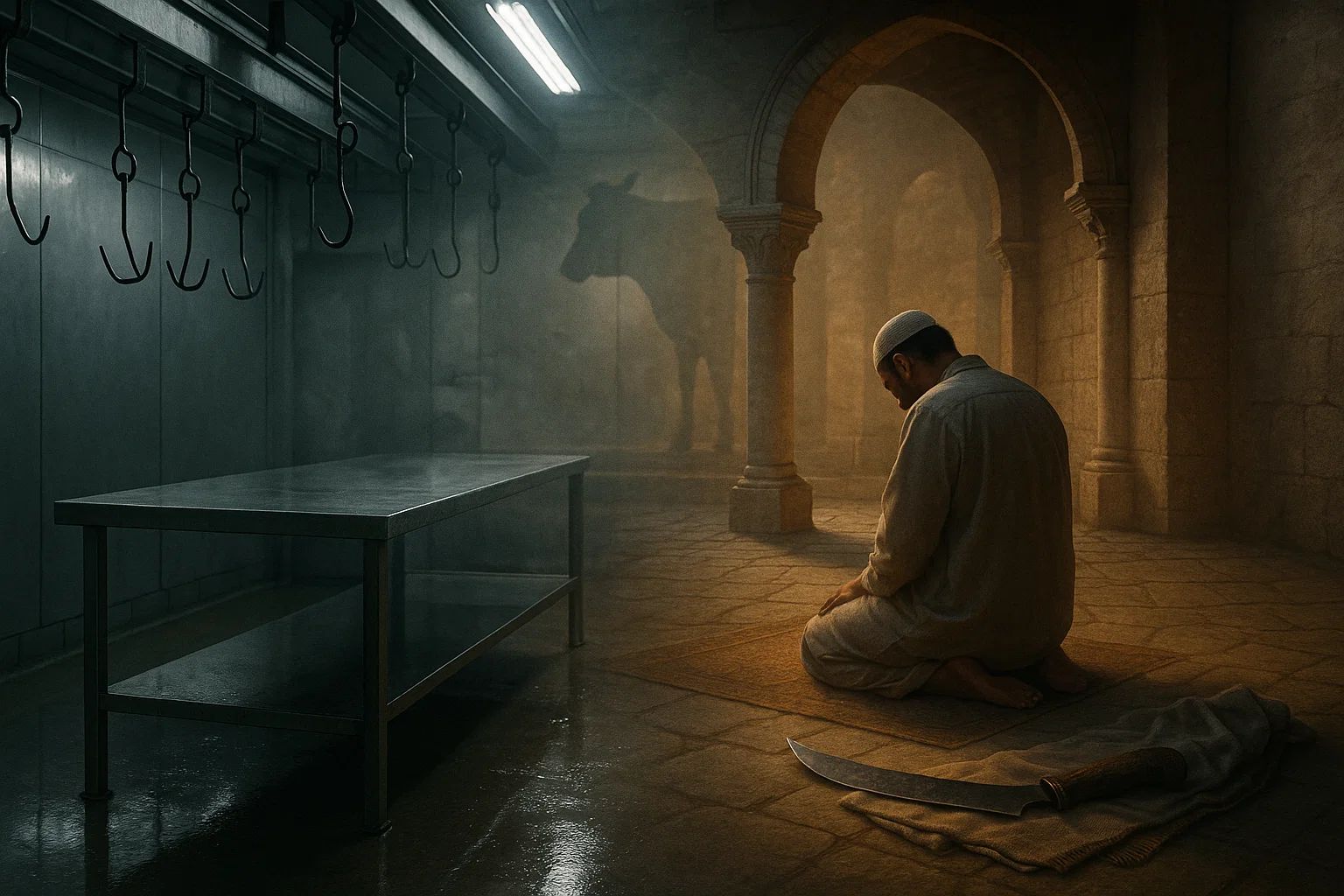Ritual slaughter without stunning animals is a topic that returns every few years like a boomerang, sparking heated debates between animal rights defenders, clergy, and politicians. Some see it as a sacred right to religious freedom, others as an archaic ritual that should disappear in a civilized world. The facts are clear: an animal killed without stunning feels pain, but followers of Judaism and Islam claim that this method has deep spiritual meaning and ensures the purity of food. Yet should spirituality justify suffering when humans have long known how to kill more “humanely”?
Tag: agriculture
Agriculture covers surveys on food production, farm conditions, subsidies and the impact of national and EU policies on the sector. This category examines views on food security, prices and challenges faced by rural communities.
-
The place of horses in the modern world
 Do you think using horses for work, sport, and entertainment is morally justified today?
Do you think using horses for work, sport, and entertainment is morally justified today?* you can select 2 answers
The use of horses for work, sport, and entertainment has long symbolized cooperation between humans and nature, but today it raises increasing moral concerns. For some, it is a beautiful tradition and part of our culture; for others, an example of the heartless exploitation of animals for human comfort and profit. Critics point to horse racing, tourism, and carriage transport as examples of violence disguised as folklore and tradition. Opponents, however, forget that humans also work hard every day, often in much worse conditions, and no one calls for such work to be banned. So is it really about empathy toward horses, or rather an attempt to silence our own guilty conscience?
-
Connections between Mercosur agribusiness owners and Europe

-
EU–Mercosur Agreement – benefit or threat?

-
Will climate warming be beneficial for Russia?




